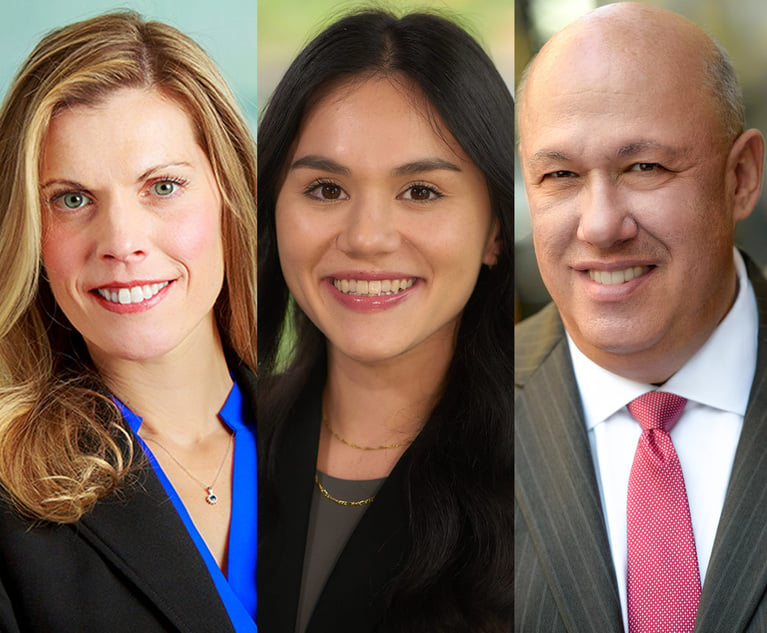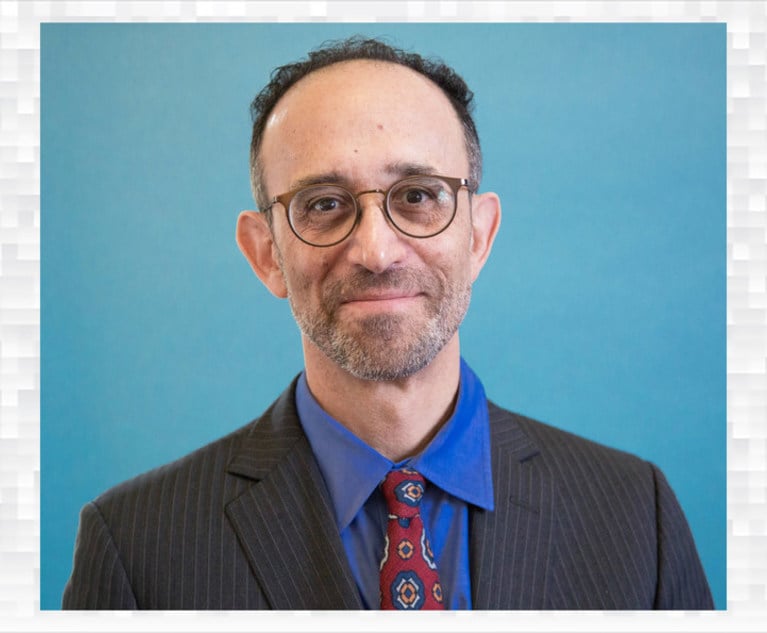On Oct. 12, 2021, the U.S. Supreme Court will hear oral argument in Hemphill v. New York, in which the petitioner challenges an evidentiary ruling of the New York Court of Appeals. The case calls on the Supreme Court to examine the relationship between the Confrontation Clause and the open-the-door doctrine. More precisely, the question is this: Did Hemphill’s lawyer open the door to the admission of testimonial hearsay otherwise barred by the Confrontation Clause by his actions in defending Hemphill at trial?
* * *
In April 2006, a two-year-old boy was killed in the Bronx when a stray bullet from a street fight struck him while he was sitting in the backseat of his mother’s minivan. The murder weapon was a 9 millimeter pistol. Investigation quickly focused on Ronnell Gilliam and Nicholas Morris. In a search of Morris’ apartment, police found a live 9 millimeter cartridge on a nightstand, as well as .357-caliber ammunition and a .22 caliber rifle. Morris was indicted for the murder. Later, Gilliam surrendered and told the police that Morris had been with him during the street fight and was the shooter. Before Morris’ trial, however, Gilliam changed his story, claiming that his cousin, Darrell Hemphill, had fired the fatal shot.
This content has been archived. It is available through our partners, LexisNexis® and Bloomberg Law.
To view this content, please continue to their sites.
Not a Lexis Subscriber?
Subscribe Now
Not a Bloomberg Law Subscriber?
Subscribe Now
LexisNexis® and Bloomberg Law are third party online distributors of the broad collection of current and archived versions of ALM's legal news publications. LexisNexis® and Bloomberg Law customers are able to access and use ALM's content, including content from the National Law Journal, The American Lawyer, Legaltech News, The New York Law Journal, and Corporate Counsel, as well as other sources of legal information.
For questions call 1-877-256-2472 or contact us at [email protected]


 Paul Shechtman
Paul Shechtman




